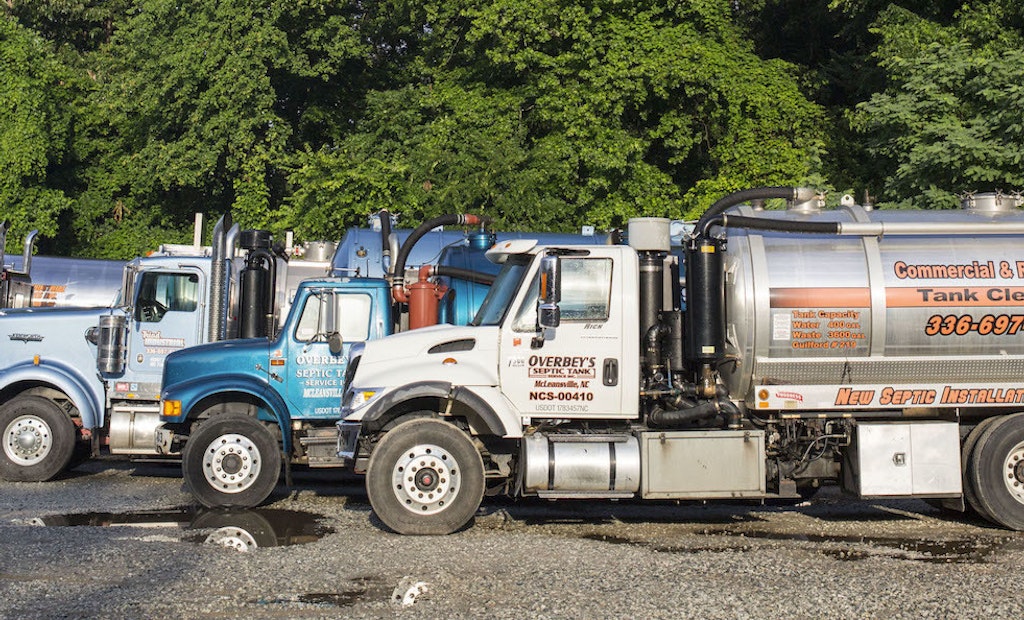Any mechanic will tell you that preventive maintenance will save you time and money. Even so, many contractors still come up short when it comes to fleet maintenance.
As a mobile mechanic, I have worked with a number of fleet managers to ensure their vehicles are running their...






